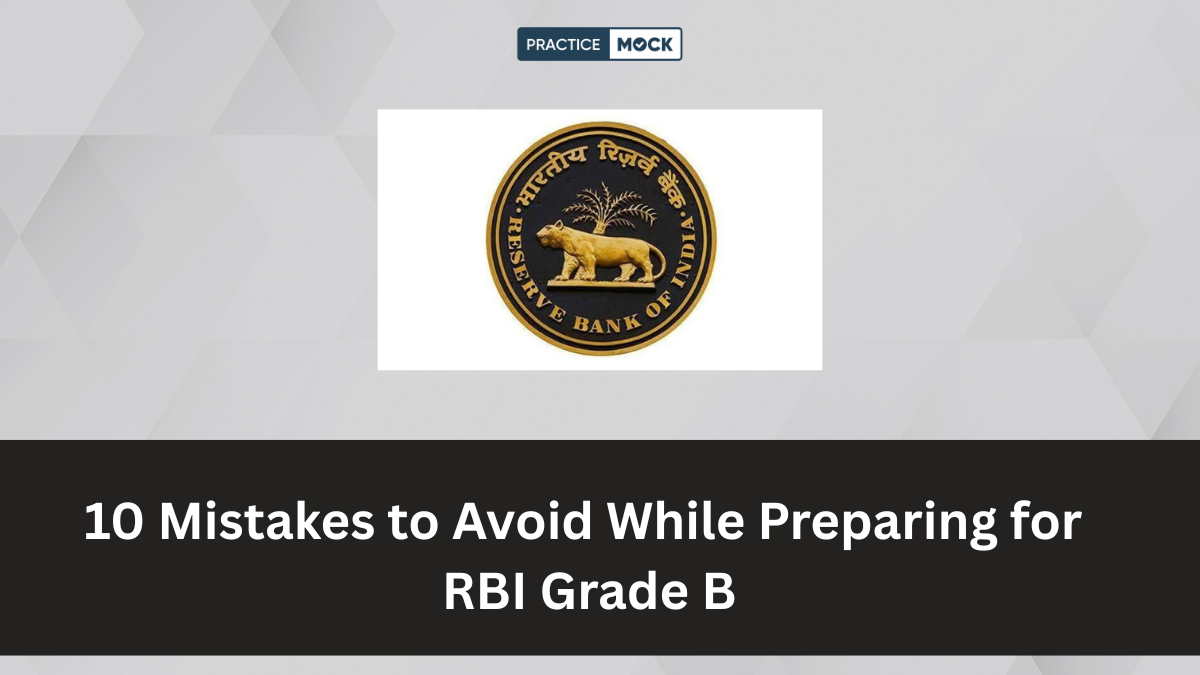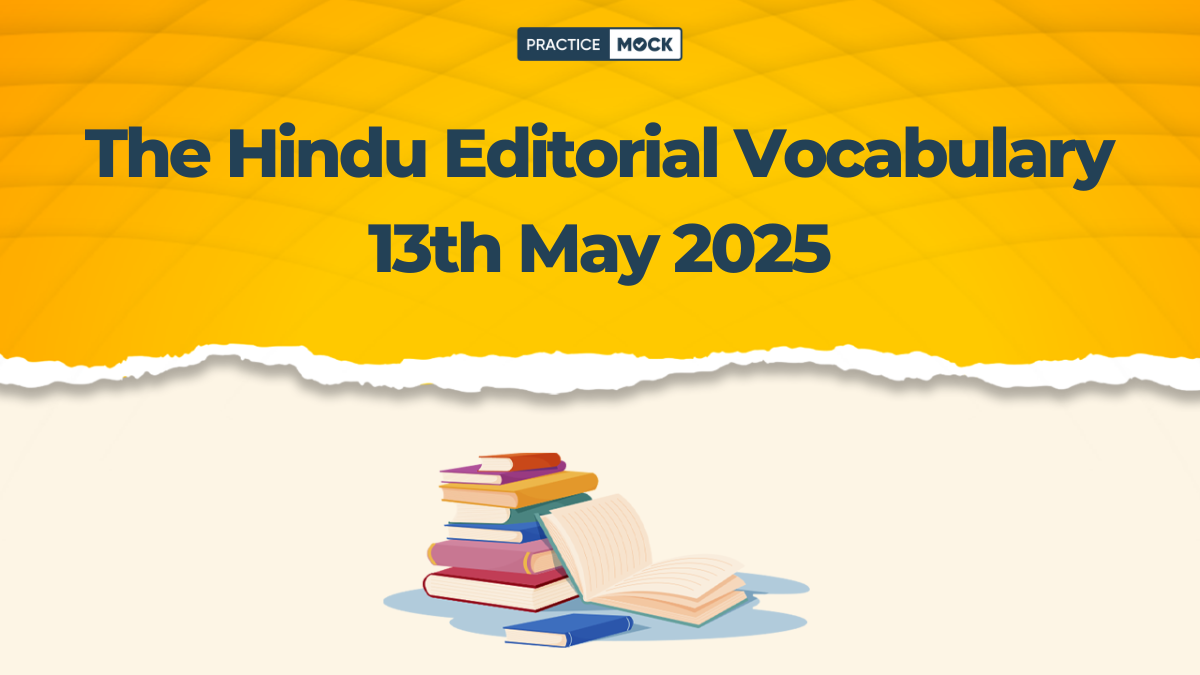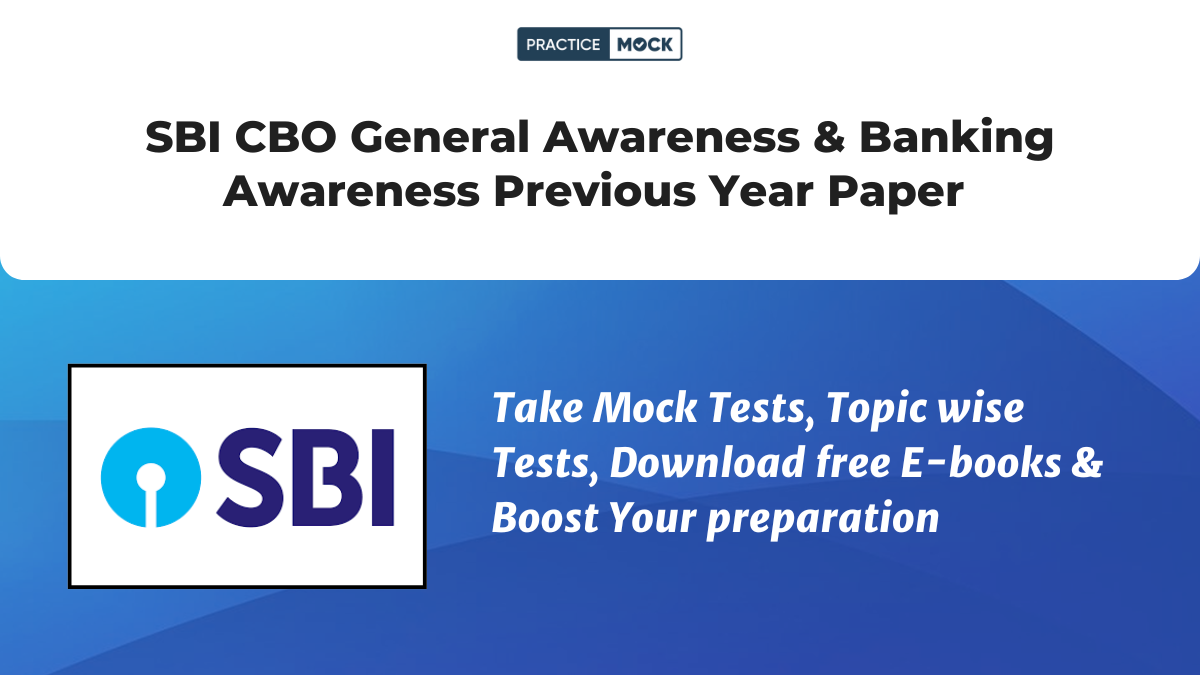

| Difficult Word/ Phrase | Contextual Sense |
| Assent | Agreement with a statement or proposal to do something |
| Ball is in your court | If you say that the ball is in someone’s court, you mean that it is his or her responsibility to take the next action or decision in a situation |
| Tenability | capable of being defended against attack or criticism |
| Throw down the gauntlet | issue a challenge |
| Speculation | ideas or guesses about something that is not known |
| Discretion | Freedom to act or judge on one’s own |
| Match wits (with one) | To engage one in a clash or competition of intelligence or shrewd resourcefulness |
| Embody | to represent an idea or quality exactly |
| Pass muster | be accepted as adequate or satisfactory |
| Barrier | Any condition that makes it difficult to make progress or to achieve an objective |


NEET and States: On Tamil Nadu Assembly re-adopting the anti-NEET bill
Governor should not delay assent (Agreement with a statement or proposal to do something) to T.N.’s Bill for exemption from mandatory admission test
With the Tamil Nadu Assembly passing once again its earlier Bill seeking to exempt government seats in undergraduate medical and dental courses from the National Eligibility-cum-Entrance Test (NEET), the ball is once again in the court (If you say that the ball is in someone’s court, you mean that it is his or her responsibility to take the next action or decision in a situation) of Governor R.N. Ravi. The Governor had chosen to return to the House for reconsideration the Bill that was passed in September 2021, questioning the tenability (capable of being defended against attack or criticism) of the Justice A.K. Rajan Committee Report that had given its findings in favour of the passage of such a law. The DMK regime has thrown down the gauntlet (issue a challenge) as the Constitution is clear as far as the Governor’s course of action is concerned. If the Bill is presented to him again, Mr. Ravi is constitutionally bound to grant assent. It is a matter of speculation (ideas or guesses about something that is not known) whether the Bill will obtain presidential nod, but the episode raises a question whether the Governor could not have avoided the current situation by reserving the Bill for the President instead of returning it. After all, this is clearly a Bill that requires the President’s acceptance — the exemption from NEET is in conflict with the central law that makes it mandatory and, therefore, can only be saved by the President’s assent. Regardless of the Bill’s merits, the Governor should delay the matter no further. The original intent of the Constitution makers was that the Governor, under Article 200, ought to have no discretion (Freedom to act or judge on one’s own), save in the case of a law that undermines the position of the High Court, which he is bound to reserve for the President’s consideration. However, the Governor’s rare use of discretion to question the desirability or validity of a Bill, and ask for reconsideration is now a matter of constitutional practice.
Some parts of the Governor’s communication to the Legislative Assembly Speaker seem to suggest that Mr. Ravi disagrees with the basis for the Bill, even though he is not wrong in highlighting a Supreme Court decision in favour of NEET. It is not generally desirable for the Governor to seek to match wits with (match wits (with one) implies to engage one in a clash or competition of intelligence or shrewd resourcefulness) the legislature’s wisdom on social inputs that inform policy. It will be useful to recall that the Sarkaria Commission on Centre-State relations observed that the Governor should not act contrary to the advice of the Council of Ministers merely because he did not like the policy embodied (to represent an idea or quality exactly) in the Bill. The attention will now be on whether the NEET Exemption Bill will pass muster (be accepted as adequate or satisfactory). For one thing, the exemption may not be a solution to the problem of government school students not making it to MBBS courses in sufficient numbers. The situation prior to the introduction of NEET was no better. However, the issue of NEET being a barrier (Any condition that makes it difficult to make progress or to achieve an objective) to access is genuine. There is no doubt that the mandatory nature of NEET on a pan-India basis undermines the role of State governments in medical education. As the main deliverers of public health, the States cannot be denied a say in who joins medical courses in government colleges.
Want to improve your vocabulary further? Download the Lists of Word-Meanings of Previous Months here.
Recent Posts
IBPS RRB Notification 2025 in June, PO & Clerk Exam Date Out, Check All Upcoming Events
The IBPS RRB Notification 2025 is expected to be released in June 2025. Candidates can…
IBPS RRB PO Prelims Mock Test Free 2025, Attempt Now!
Here we are providing the IBPS RRB PO Prelims Mock Test Free 2025. Candidates can…
UPSC Admit Card 2025 Out for Prelims, Get Direct Link
The UPSC has released the UPSC Admit Card 2025 for Prelims exam. In this blog,…
How to Crack RBI Grade B in First Attempt?
Aspirants preparing for RBI Grade B exam. Know the 10 tips to crack RBI 2025…
IBPS PO vs RRB PO, Which Exam is Easier to Crack?
IBPS PO or RRB PO? Compare difficulty, pattern, and job roles to choose the best…
How to Master Government Schemes for RBI Grade B Exam
Master government schemes effectively for the RBI Grade B exam with comprlete strategies, Important resources…


